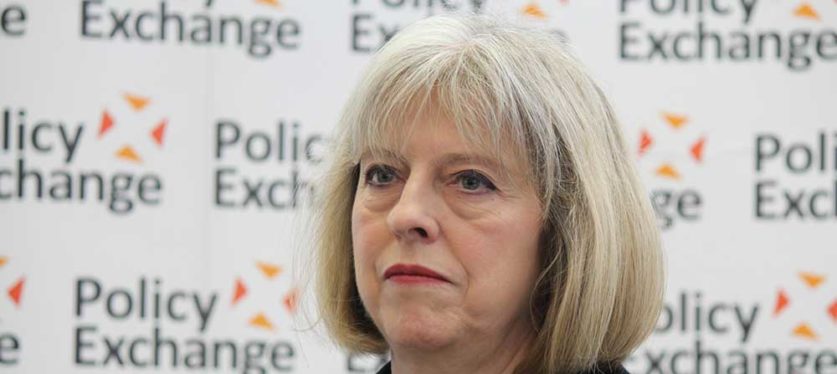
A survey published by the Institute of Directors shows that an overwhelming number of bosses consider the last three UK government’s approach to energy policy to be lacking in some way.
70% of bosses surveyed agreed that the Conservative, Coalition and Labour governments had all failed to provide UK households and business with energy at a reasonable cost. Around 66% agreed that the three government’s had all failed to maintain a secure energy supply for the UK.
The survey comes as discussions regarding the proposed nuclear reactor at Hinkely Point continue to rage on, with many disagreeing over how its importance in securing an affordable energy supply for the UK. The IoD found that just over a third of the 1,000 bosses they surveyed said that they agree that the Hinkley Project would be good for Britain’s economic standing, although a slim majority of 53% thought that all in all, it still made strategic sense to go ahead with it.
The IoD found that for the most part, there was support for nuclear power, including Hinkley, but backed Theresa May’s decision to postpone the final investment decision earlier this month.
Dan Lewis, Infrastructure Adviser at the IoD said: “The IoD backs nuclear as a reliable source of low-carbon energy, but each project has to make economic sense. Hinkley Point C would generate reliable power for five million homes, but given the costs, the Government is right to take one final look before signing off on the deal.”
For the most part, those surveyed offered significant support to the growing renewables industry as a way to work towards achieving the two “crucial aims of energy policy” – ensuring security and affordability of energy supply.
Overall, 87% of those surveyed either strongly or somewhat support the increased deployment of solar power, and only 8% fewer felt the same towards offshore wind. Interestingly, the survey showed the strongest support for wave and tidal power, with more than 87.5% agreeing that it should be used more. Wave and tidal power remains, for now, fairly untested, but large proposed projects like the Swansea tidal lagoon do look set to provide impressive amounts of renewable energy at reasonably low costs, if built.
The general consensus from the IoD was that increased support for renewables is something that is becoming ever more evident as one of the best options for the government to tackle most issues related to energy.
Lewis explained: “Since the early 2000s, government of all stripes have focussed on increasing use of renewable energy in order to reduce carbon emissions. Cutting CO2 is overwhelmingly supported by business, but politicians have underplayed the other two crucial aims of energy policy, delivering secure and affordable power.
“Following the creation of the new business and energy department, now is the ideal moment for the Government to reconsider the direction of travel.”
He also argued that the government’s current approach to trying to balance long-term energy requirements by supporting renewables with short term goals of ensuring energy supply is ineffective.
He said: “Government policy at the moment is creating all sorts of bizarre outcomes. Instead of accelerating moves to safely frack for gas and oil in the UK, we are importing coal and oil from Russia, and gas and oil from Norway, with the extra costs and emissions that involves.
“Instead of building cleaner gas plants to meet demand when renewables can’t, the government has been subsidising more polluting diesel-fired plants.”




